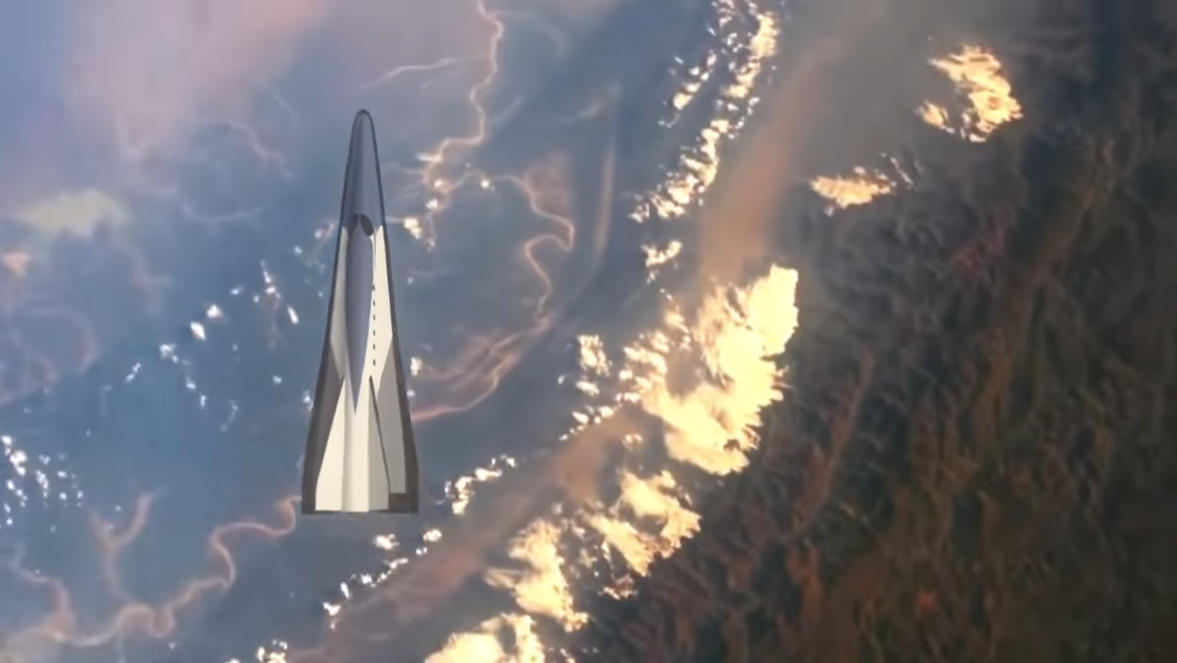
A Chinese tech company has unveiled plans for hypersonic flights, which could fly at one mile per second, covering long-haul routes such as Shanghai to New York in two hours.
The brand Space Transportation, also known as the company Beijing Lingkong Tianxing Technology, has released an animated video which shows how its proposed “space flights” might look - with a rocket launcher “boosting” a jet to the edge of space, before separating from it to fly at around 7,000km per hour. For comparison, Concorde’s top speed was 2,179 km/h.
Hypersonic flights travel more than five times the speed of sound (about 6000 km/h).
The Shanghai-based company’s website says that it plans to launch test flights as soon as 2025, with views to operate a “full-scale global hypersonic vehicle flight by 2030."
In the video, passengers are seen boarding and sitting in seats not unlike those on existing consumer aircraft, with no space suits or oxygen required.
However, this type of flight would require a vertical landing, making for a rather more hair-raising flight experience than the typical traveller is used to.

The company announced in August that it had raised more than 300 million yuan (£35m) in its latest funding drive, following a 10-year roadmap of its plans for consumer travel on the edge of space.
It has conducted a series of test launches and tests of landing gear, but aviation and space flight experts predict developers may encounter some technical difficulties with this kind of aircraft in the coming years.
Zuo Lingye of Jingwei China, one of the investors partnering with Lingkong Tianxing, said: "Imagine that in less than two hours, we can fly from the Eastern Hemisphere to the Western Hemisphere. This may be the next generation of aircraft, which will have a great impact on global passenger transportation and transportation.
“Logistics has a major impact. There are very few teams capable of developing high-speed aircraft, and we are honoured to partner with them and look forward to being their first passengers.”
The state-owned China Aerospace Science and Technology Corp (CASC) and sibling institution CASIC are also reportedly developing hypersonic aircraft, as is rival Chinese firm iSpace.
Interest in space tourism is a burgeoning trend in itself, with Virgin Galactic opening its bookings for a limited number of spaceflights in February.
During the flight, “the spaceship gracefully flips while astronauts enjoy several minutes of out-of-seat weightlessness and breath-taking views of Earth from the spaceship’s 17 windows,” says a press release.







